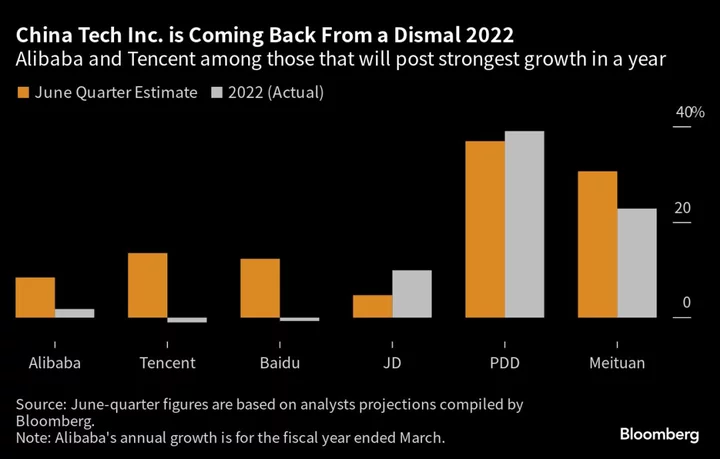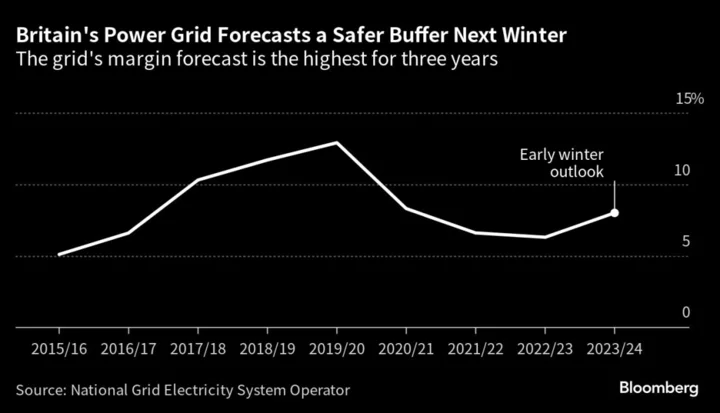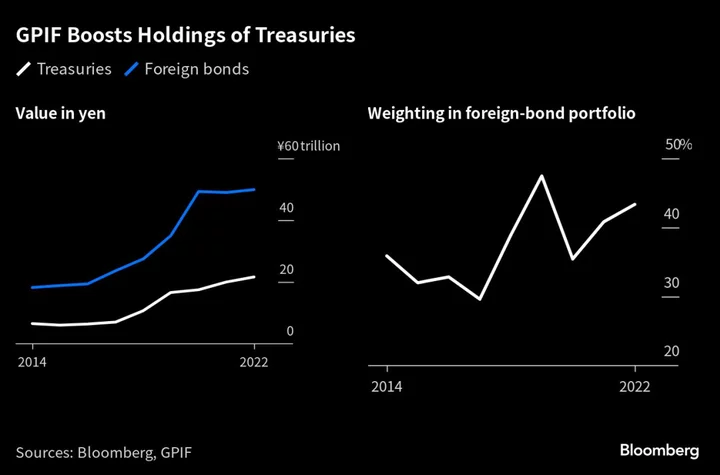Lyft forecast third-quarter revenue and adjusted core profit above estimates on Tuesday, as it bets on cost cuts and a post-pandemic rebound in ride-sharing demand to cushion the impact of a price war with bigger rival Uber.
Shares of the company rose more than 12% in extended trading, after Lyft also reported higher-than-expected adjusted core profit for the April-June period.
Under new CEO David Risher, Lyft has priced its rides more competitively with Uber to reduce what has been a growing gap between the companies in the North American ride-share market.
But that strategy dragged down its revenue per active user by 5% to $47.51 in the second quarter. The figure also missed estimates of $48.38, according to Visible Alpha.
"We really want to price competitively," Risher said in an interview, days after rising fears of a price war slammed Uber shares and overshadowed the company's positive results.
He added that rides receiving prime-time charge, or surge pricing, fell 35% sequentially in the second quarter, while the average per-mile fare was 10% lower from a year ago. That lower pricing, however, helped spur an 8.2% jump in the number of active riders on the platform to the highest in nearly three years, as Lyft also benefited from a travel rebound and more office commutes.
In the quarter ending September, Lyft expects revenue in the range of $1.13 billion to $1.15 billion, higher than estimates of $1.09 billion, according to Refinitiv data.
The company, which has promised profitability by 2023-end, forecast adjusted core earnings of $75 million to $85 million and a margin of 7%. Analysts were expecting $49.7 million.
Adjusted earnings before income, tax, depreciation and amortization (EBITDA) margin came in at 4% in the quarter ended June 30, compared with 2.3% in the preceding quarter and negative 19.8% in the June quarter last year.
Revenue grew 3% to $1.02 billion, in line with estimates, while adjusted EBITDA of $41 million was well above expectations of $27.9 million.
(Reporting by Yuvraj Malik in Bengaluru; Editing by Anil D'Silva)









